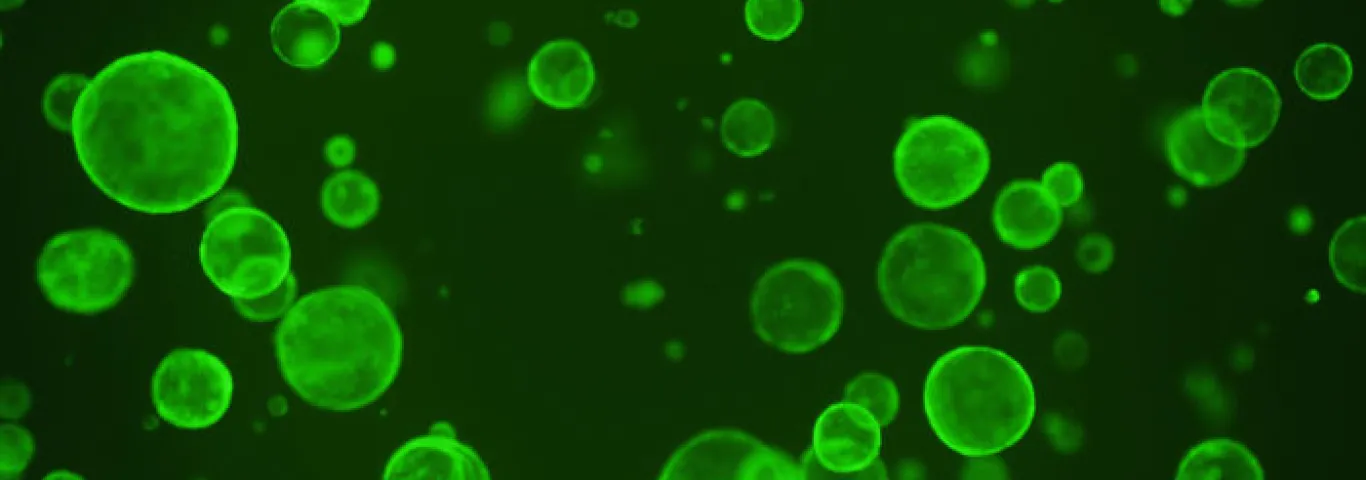Sarah Anderson talks about her postdoc work in the Levin Lab

We know that nutrients affect cell division but how? Postdoctoral Associate Sarah Anderson joined the Levin Lab in 2020 to help address how bacteria respond to nutrient deprivation. Understanding the regulatory circuits and molecular mechanisms responsible for coordinating cell growth and cell size with nutrient availability and cell cycle progression is a primary objective of the Levin Lab.
Sarah’s interest in biology started in the seventh grade, when a particularly inspiring science teacher introduced her to genetics. Her specific interest in microbiology began with a college course at University of North Carolina on infectious diseases in the developing world. She was already excited about biology research in general, but this particular course exposed to her to how basic research on microbes can be translated into health outcomes, with specific regard to neglected diseases. Though she eventually moved away from the medical side of microbiology, that’s what initially sparked her interest.
“One of the things I love about microbiology is that it touches on so many different areas of life, including health. That class in particular really influenced where I ended up going,” said Sarah.
Sarah used to work on pathogens, but found there was a lot more she could do with model organisms. Another reason she moved away from pathogens is because her long-term goal is to develop a project that can be used to start her own research program at a primarily undergraduate institution. She wouldn’t want to bring pathogens to work in a lab with inexperienced undergrads.
Sarah joined the Levin Lab because she was really excited about Petra’s work, which touches on a lot of different things she worked on in grad school, especially antibiotic resistance. She cites Petra’s work on many things that she had no prior exposure to, plus Petra’s innovative lab techniques as the primary reason she wanted to join the biology department at WashU. It’s a good way to build off of her existing interests, while learning new things.
Like anyone else, Sarah found it more difficult to go through the process of getting a postdoc position during a pandemic. She had to do all of her interviews online and the first time she ever visited St Louis was to look for an apartment, after she already committed to the Levin Lab, much different than what she imagined. The other difficulty is that she hasn’t been able to dive into the part that interests her most. . . working directly with undergrads. Petra and Sarah have been hosting an online journal club for students who want to join the lab, but Sarah looks forward to a future semester when she can finally work with them in person.
Visit Levin Lab's website to learn more about their research.




